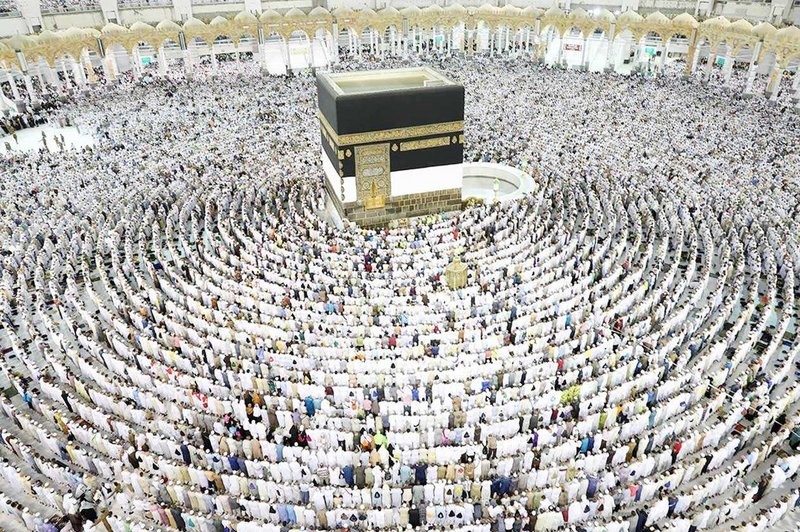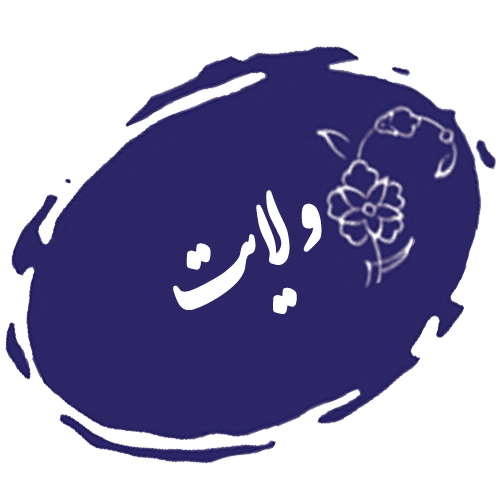The wisdom behind Eid as the end of the month of Ramadhan
The fact that the blessed month of Ramadhan ends with Eid ul-Fitr has a meaningful, sublime and instructive meaning in itself. When a person performs his religious duties such as fasting, praying, and struggling against his carnal desires, these produce an effect. The coming into being of Eid al-Fitr is that effect, and it is the direct result of those acts of worship. The manifestation of that Eid is the presence and unity of the people who gather together to remember and pay attention to Allah, and establish a relationship of humility with Him.
Although Islam invites people to worship, self-building, and self-discipline, it does not consider these as being solely individual acts wherein every individual is connected to Allah only for himself. Rather, Islam sees this connection, attention and remembrance towards Allah a means by which people can take a firm step in their worldly affairs and a firm step towards building their strong future. Some scholars have correctly said that the “expression of Allah’s unity” and the “unity of the people” are two definite principles for the joy and strength of the Islamic Ummah. Eid-ul-Fitr, our prayers and our establishing a connection with Allah on this day – all these are a manifestation of those two principles. On one hand, there is spirituality, intercession and humility. It is a source of focus towards Allah, as well as bringing about a state of liberation from the turmoil of the world, i.e. the liberation from the various turbulences of the human soul and its uneasiness. On the other hand, Eid-ul-Fitr is about connecting all the human forces and strengths together and bringing them to the stage of enforcement in one’s life. Therefore, today the Islamic nation as a whole is in dire need of this fortified pillar and this great Islamic principle.





